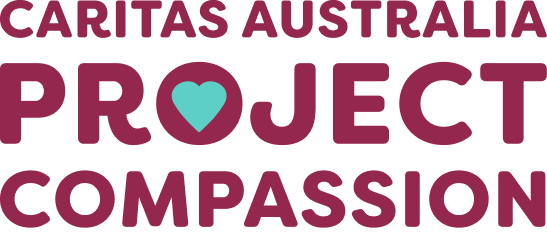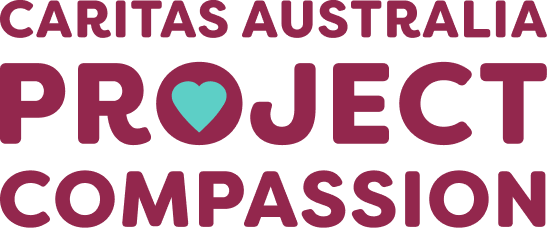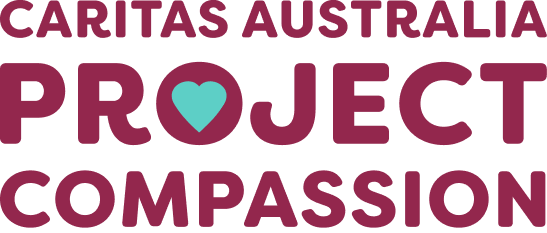
Manaini's story, Fiji
Life was hard for Manaini and her children living in rural Fiji. With the support from Caritas Australia’s partner, FRIEND (Foundation for Rural Integrated Enterprises and Development), she learnt food processing and gardening skills, improving nutrition and creating new income opportunities to support her children’s education.
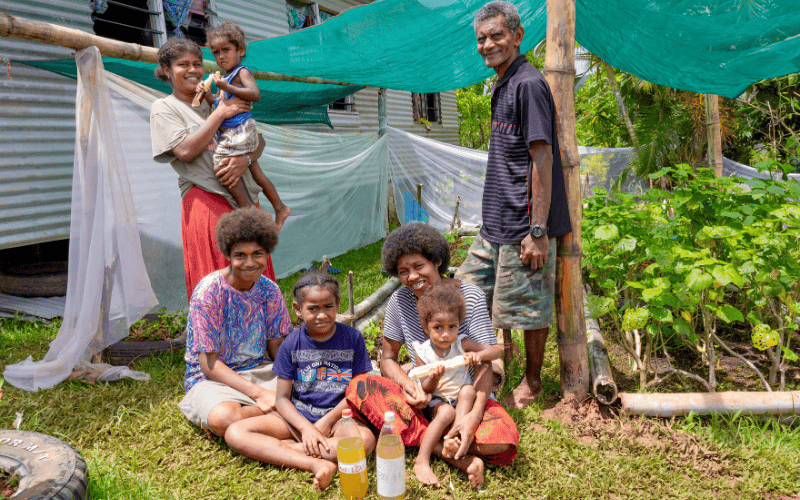
In remote northern Fiji, life has been a struggle for 44-year-old Manaini.
The family lived from what they grew, but meals were plain and often lacked nutrition. Store bought food was too expensive. At night, the village was in darkness, leaving children and the elderly unsafe.
Almost one quarter of Fiji’s population live in poverty, and rates are higher in rural villages. Any extra income can mean the difference between children completing school, being able to buy medicine, or simply managing daily costs. This is what poverty looks like in rural Fiji – every dollar counts.
The things I worry about the most is my kids’ education. The requirements that need to be met are hard for me to achieve with my daily income.
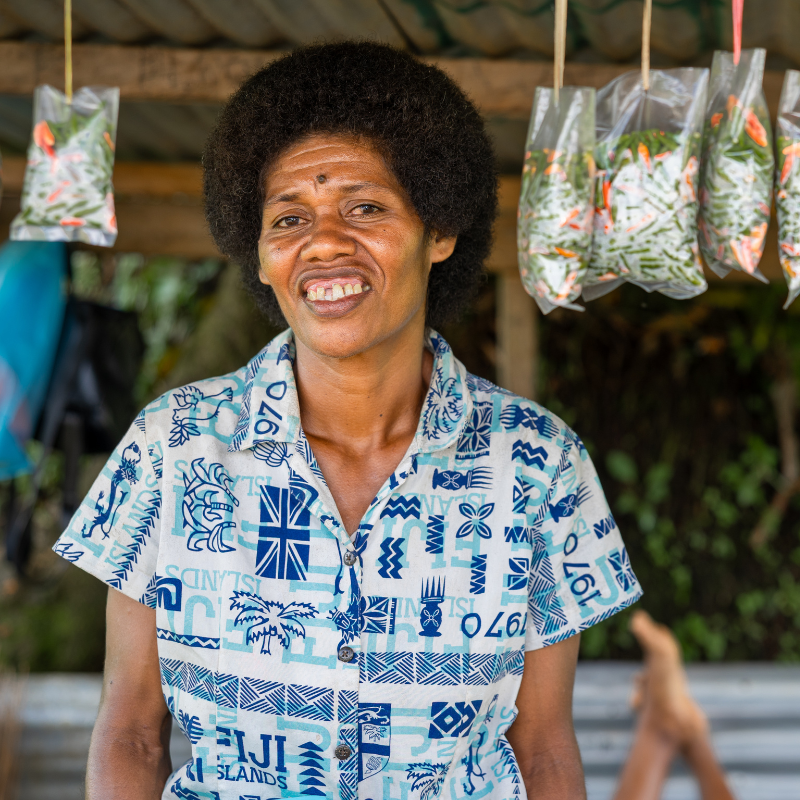
Manaini
Compounding this, communities across Fiji are facing a health crisis.
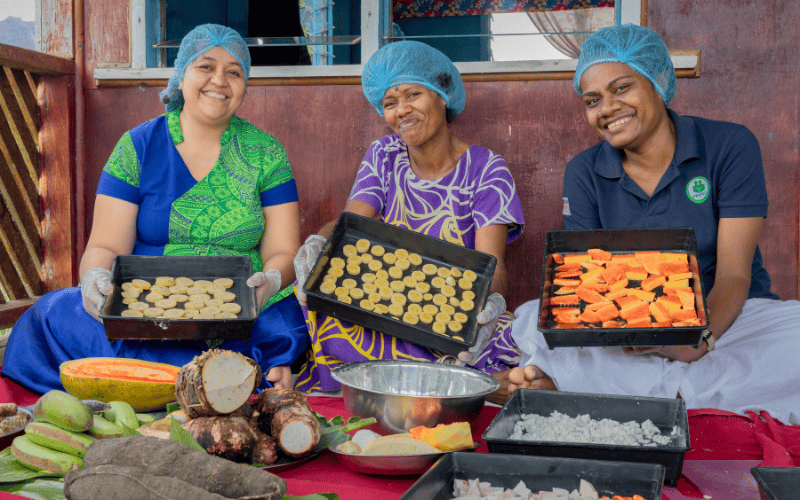
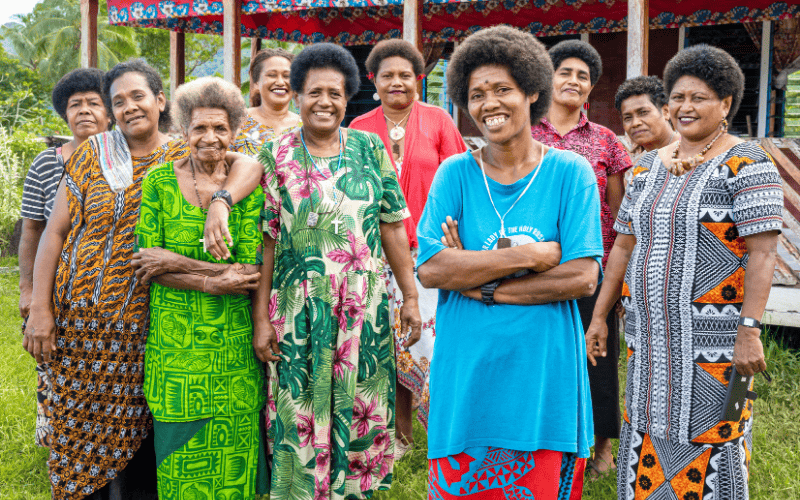
Manaini received seeds from the project, enabling her to grow a greater variety of food in her garden. She also learnt to make organic fertiliser and pesticides from plants. With the women’s group she bakes cakes and pies from root crop flour to sell at a roadside stall.
“The project as a whole has a lot of value in my life as it totally changed the life of my family and even the community," Manaini said.
Along with your generous support, this program is also supported by the Australian Government, through the Australian NGO Cooperation Program (ANCP).
Your donation can help
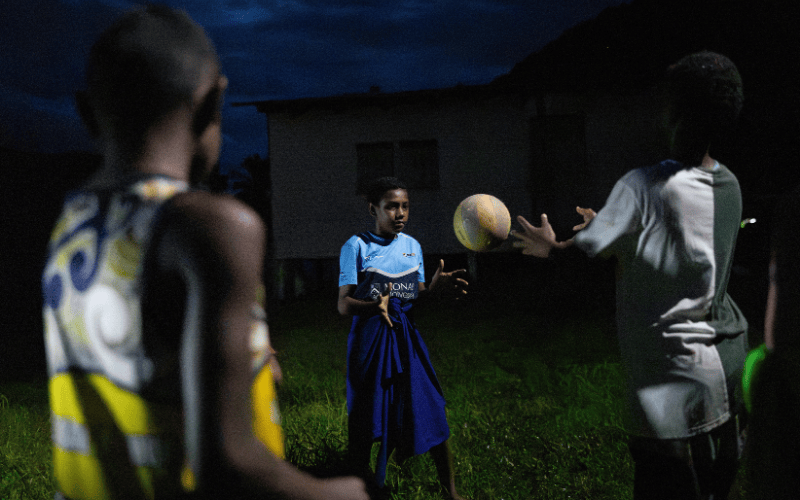
Provide solar floodlights to help keep families safe and children secure at night
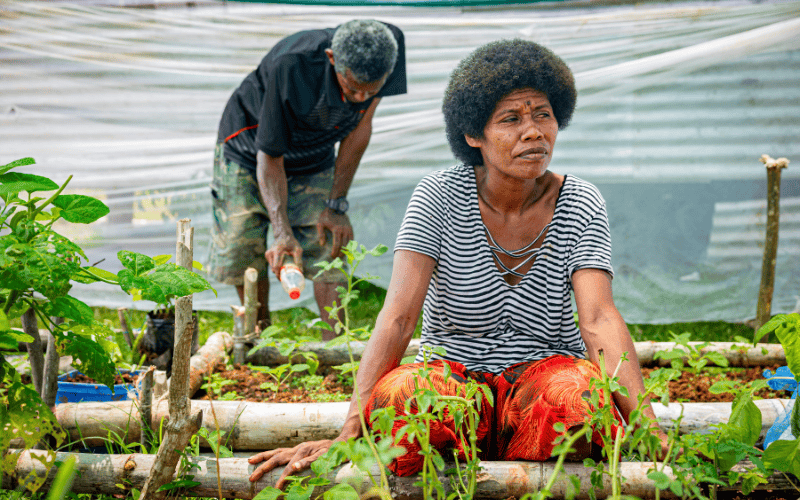
Support a family to start their own backyard garden with seeds for fresh vegetables and fruit
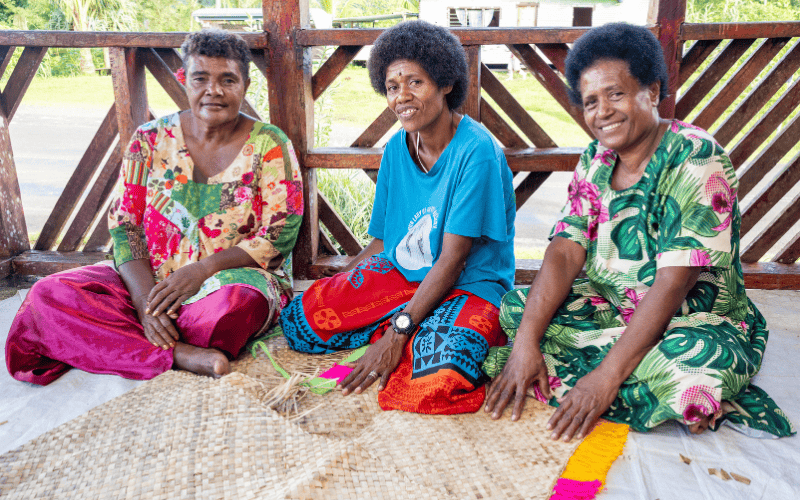
Train people in financial literacy, empowering them to build sustainable income
Ways to get involved
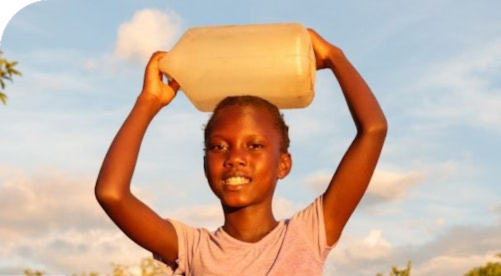

Take on a 40-day walking challenge this Lent. Bring clean, safe water to people around the world.
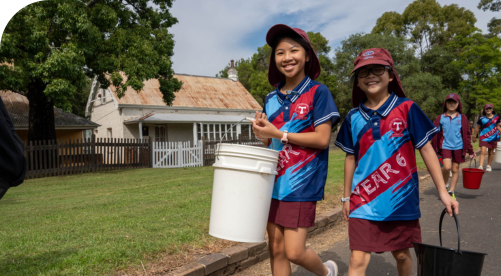

Sign up as a school, and raise funds to help people who have to walk to collect water every day.
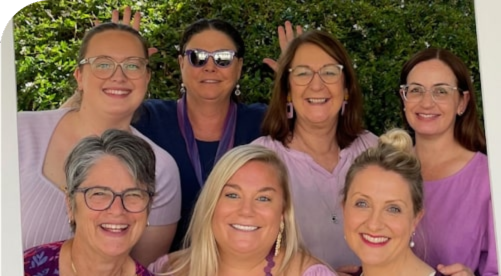

Be the host with the most this Lent. Raise funds to change the lives of people living in poverty.
